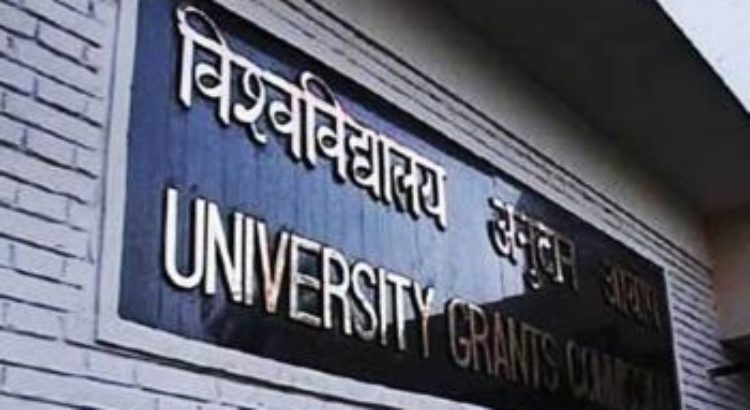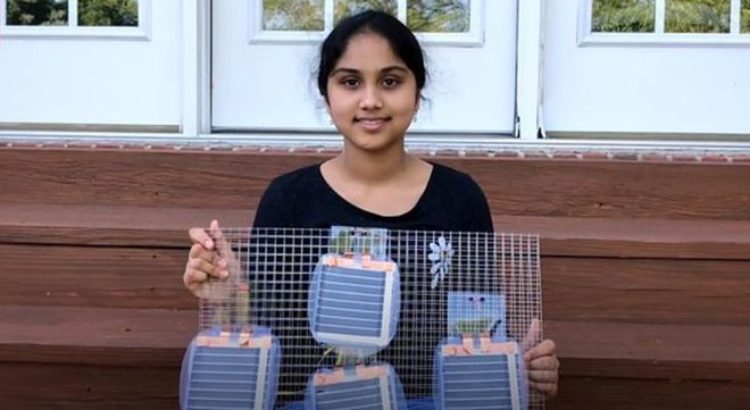Asia/Inda/universityworldnews
Resumen: Los movimientos del gobierno del Reino Unido para facilitar los procedimientos de visa de estudiantes para una docena de países no europeos han causado indignación en India cuyos estudiantes, entre los más numerosos en el Reino Unido, han sido excluidos mientras que los estudiantes chinos se benefician de los cambios que entran efecto el 6 de julio. El anuncio del 15 de junio, que amplía la lista de países de «vía rápida» de 15 a 26, se presentó en el parlamento británico el mismo día. Permite una documentación reducida para los requisitos de competencia en idioma inglés, educativo y financiero y coloca a países como Argentina, Bahrein, Camboya, China, Indonesia, Serbia, Tailandia y Estados Unidos a la par con Canadá y Nueva Zelanda, cuyos nacionales ya se benefician de procesos simplificados para visas para estudiar en el Reino Unido. Pero India, uno de los tres países principales que envían estudiantes al Reino Unido después de China y Estados Unidos, no ha sido incluido, y se considera que sus ciudadanos están en mayor riesgo de ‘desaparecer’ una vez que ingresan con visas de estudiante, a pesar de la falta de Evidencia del Ministerio del Interior para respaldar este reclamo frente a estudiantes de otras nacionalidades. De hecho, un informe de la Oficina de Estadísticas Nacionales del Reino Unido del año pasado señaló que la mayoría de los estudiantes indios solían irse poco después de graduarse de las instituciones del Reino Unido, antes de que sus visas expiraran.En 2016, unos 7,469 estudiantes indios abandonaron el país antes de la fecha de vencimiento de su visa, mientras que 2,209 se quedaron para solicitar una extensión de visa. «Los estudiantes tailandeses, chinos, indios y norteamericanos tenían más probabilidades de partir antes de que expiraran sus visas de estudio, mientras que los estudiantes rusos, bangladesíes, paquistaníes y sauditas tenían más probabilidades de extender su permiso para permanecer [en el Reino Unido]», según el informe. Oficina de Estadísticas Nacionales.
Moves by the United Kingdom government to ease student visa procedures for around a dozen non-European countries have caused outrage in India whose students – among the most numerous in the UK – have been excluded while Chinese students stand to benefit from the changes which come into effect on 6 July.
The announcement on 15 June which extends the list of ‘fast-track’ countries from 15 to 26, was tabled in the British parliament the same day. It allows reduced documentation for educational, financial and English language proficiency requirements and puts countries like Argentina, Bahrain, Cambodia, China, Indonesia, Serbia, Thailand and the United States on a par with Canada and New Zealand whose nationals already benefit from streamlined processes for visas to study in the UK.
But India, one of the top three countries sending students to the UK after China and the US, has not been included, with its nationals regarded as being at a higher risk of ‘disappearing’ once they enter on student visas, despite a lack of Home Office evidence to back up this claim vis-a-vis students of other nationalities.
In fact, a UK Office for National Statistics report last year noted that a majority of Indian students tended to leave soon after graduating from UK institutions, before their visas expired. In 2016, some 7,469 Indian students left the country before their visa expiry date while 2,209 stayed to request a visa extension.
“Thai, Chinese, Indian and North American students were more likely to depart before their study visas expired, whereas Russian, Bangladeshi, Pakistani and Saudi Arabian students were more likely to extend their leave to remain [in the UK],” according to the Office for National Statistics.
It additionally noted the “strong evidence” that the methodology used by the UK government is likely to “underestimate student emigration” so that student figures as part of net immigration are likely to be an overestimate.
A Home Office paper released in August 2017 on exit checks of all people known to have left the UK found that 97.4% of 181,024 international students from outside Europe left on time.
The UK government’s exclusion of Indian students contrasts with Canada which announced a ‘Student Direct Stream’ earlier this month to speed up visa processing times for students from China, India, Vietnam and the Philippines for certain categories of students who satisfy language and financial requirements.
‘Discriminatory policy’
The National Indian Students and Alumni Union (NISAU) UK expressed disappointment at India’s exclusion, which it said effectively categorises Indian students as “high risk”, and said it was unfair that Indian students should be treated differently from Chinese or other nationals on the list. It raises the question, “Will China continue to get even more favourable actions while India gets the rhetoric?” said Sanam Arora, NISAU UK president.
“Such a discriminatory move has naturally caused outrage among Indians who feel cheated and humiliated. One feels compelled to ask why India is deemed high risk only when it comes to students, while the same Theresa May government has removed the visa cap for Indian doctors and nurses?” an English-language tabloid newspaper DNA said in an editorial last Monday.
It was referring to the exemption of doctors and nurses from the UK’s annual cap of 20,700 visas announced by the May government recently amid shortages being experienced by the country’s National Health Service.
India has repeatedly raised the issue of visas for students and professionals during high level meetings, including during Theresa May’s visit to India in 2016, and most recently during Indian Prime Minister Narendra Modi’s visit to London in April.
Indian MP, Ahmed Patel of the opposition Congress party, tweeted: “Extremely unfortunate that our students have been left out from UK’s simplified visa process,” and called for the Ministry of External Affairs to take the issue up with the British government at the “highest levels”.
The Indian High Commission in London said High Commissioner YK Sinha met with UK Minister of State for Universities Sam Gyimah earlier this month and “made special mention of the challenges regarding smoother and greater student, faculty mobilities” between the two countries.
Sinha has in the past contrasted the UK’s treatment of Indian students with countries such as Australia, Germany and France which are “actively going on to campuses in India and trying to attract students there”, he said. “There is something going wrong here because the UK has obviously been the first preference for Indian students.”
Link to trade relations
In the UK, criticism of the exclusion was linked the need to improve trade relations with non-EU countries as Britain leaves the European Union. India is seen as an important potential trading partner.
In a statement issued last Monday, James Kirkup, director of the Social Market Foundation, an independent public policy think tank based in London, said: “Being seen to discriminate against Indian students is an act of economic and diplomatic self-harm” by the British government.
The decision to exclude Indian students from new immigration rules was a missed opportunity for Britain. “Brexit means it is more important than ever for Britain to demonstrate that it is economically and intellectually open to the world. This decision sends the wrong message to India and its students,” Kirkup said.
In the year that ended in September 2010, Britain gave visas to 60,322 students from India. By September 2017, the figure had fallen to 14,081. During the same period, the number of Indians studying at American and Canadian universities had risen, according to the think tank.
Lord Karan Bilimoria, president for the UK Council for International Student Affairs, said the exclusion was an insult to India and an example of Britain’s “economically illiterate and hostile attitude to immigration”.
Excluding India from the list “is myopically short-sighted and is damaging what has always been a special relationship between our countries”.
Bilimoria, founder of Cobra Beer and founding chair of the UK India Business Council, said: “It is completely hypocritical that this is announced at the same time that Britain is talking about doing a post-Brexit free trade agreement with India. If this is the way they treat India, they can dream on about an FTA with India.”
According to the Home Office, 90% of Indian students who apply for a UK visa are successful, up from 86% in 2014 and 83% in 2013, and the Home Office added that Indian student visa applications are up 30% on last year. “We continue to have regular discussions with the Indian government on a range of issues, including on visas and UK immigration policy,” it said.
Fuente: http://www.universityworldnews.com/article.php?story=20180619132721781













 Users Today : 169
Users Today : 169 Total Users : 35404191
Total Users : 35404191 Views Today : 202
Views Today : 202 Total views : 3333681
Total views : 3333681